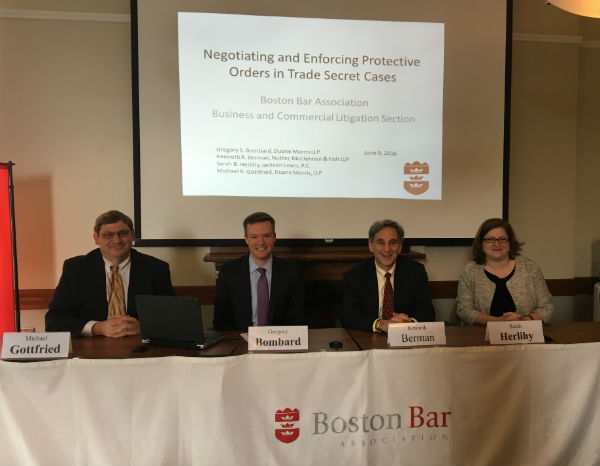On January 11, 2019, the Pennsylvania Superior Court, sitting en banc, affirmed a trial court decision that a “no-hire” provision in a commercial contract between two companies—i.e., an agreement by which one company agrees not to solicit or hire the employees of the other for a certain period of time—violated public policy, and was thus unenforceable under Pennsylvania law. Pittsburgh Logistics Systems, Inc. v. Beemac Trucking, LLC and Beemac Logistics, LLC, No. 134 WDA 2017, 2019 Pa. Super. 13 (Jan. 11, 2019).
In Pittsburgh Logistics, Pittsburgh Logistics Systems (PLS), a third-party logistics provider, entered into an agreement with one of its customers, BeeMac Trucking and BeeMac Logistics, for PLS to provide logistics services to BeeMac. The agreement included a no-hire provision prohibiting BeeMac from directly or indirectly hiring, soliciting for employment, inducing or attempting to induce any employee of PLS or any of its affiliates to leave their employment with PLS or the affiliate during the term of the agreement and for a period of two years thereafter. After four PLS employees joined BeeMac, PLS sued BeeMac and its former employees seeking an injunction to enforce, among other things, the no-hire provision. The trial court, noting that a provision such as the one between PLS and BeeMac has never been the subject of litigation in Pennsylvania in any reported case, refused to enforce the no-hire provision, citing cases in other jurisdictions where similar provisions were held to be unenforceable. PLS appealed the trial court’s denial of its preliminary injunction motion seeking to enforce the no-hire provision.

